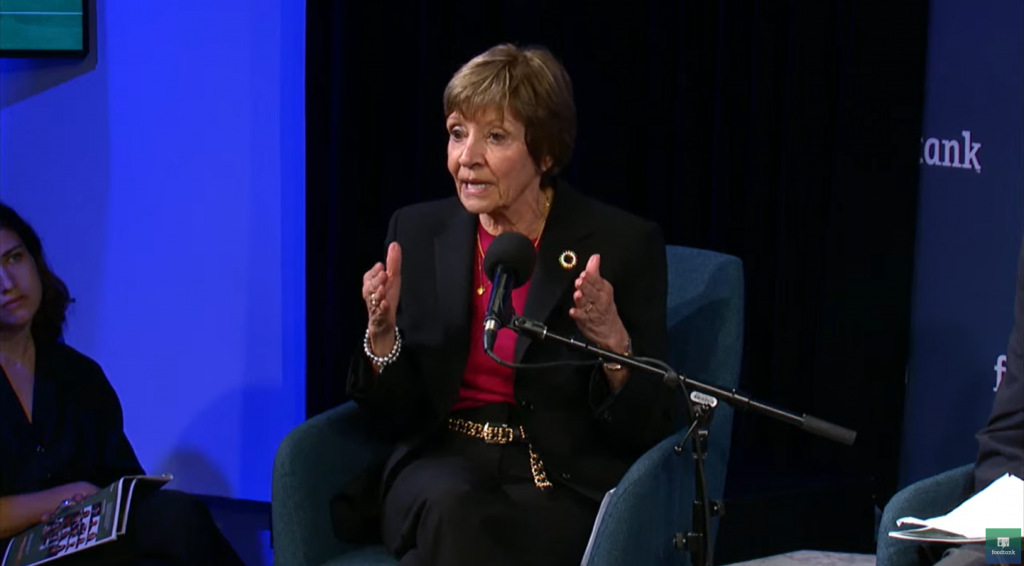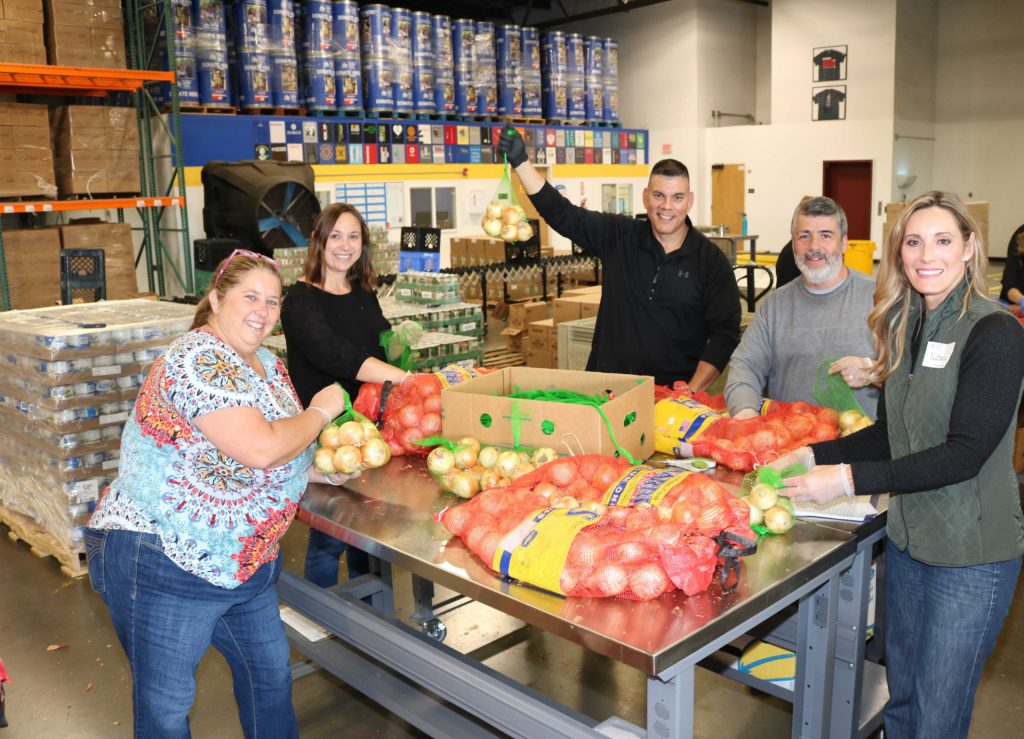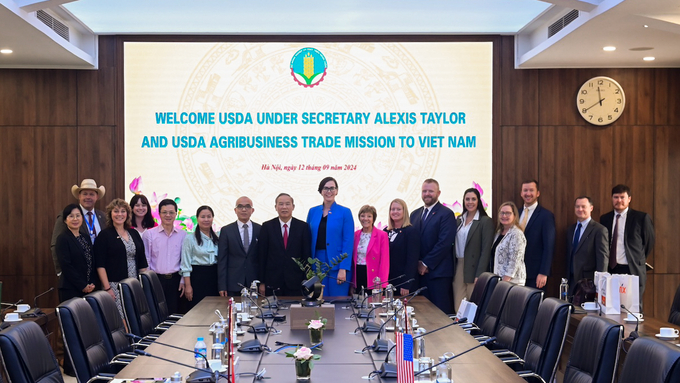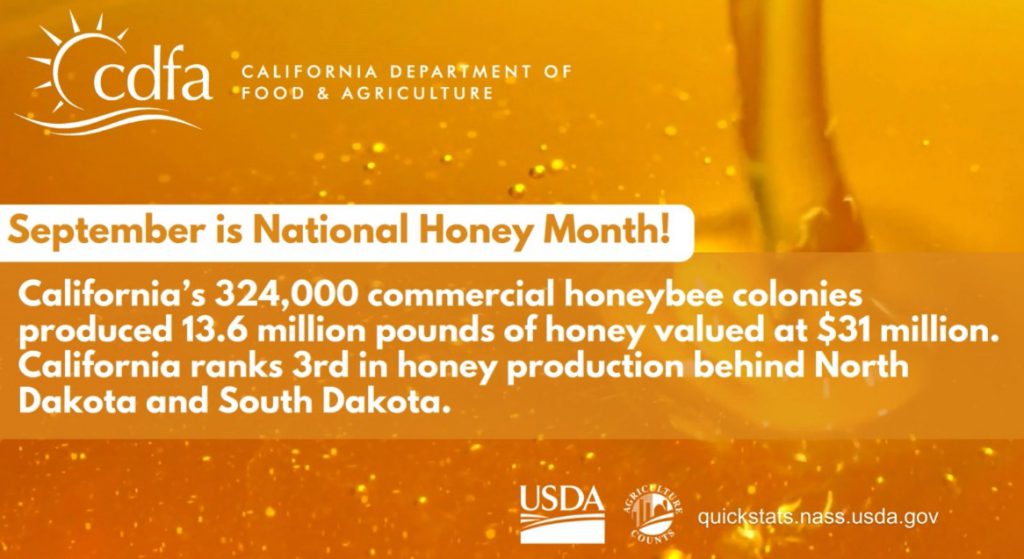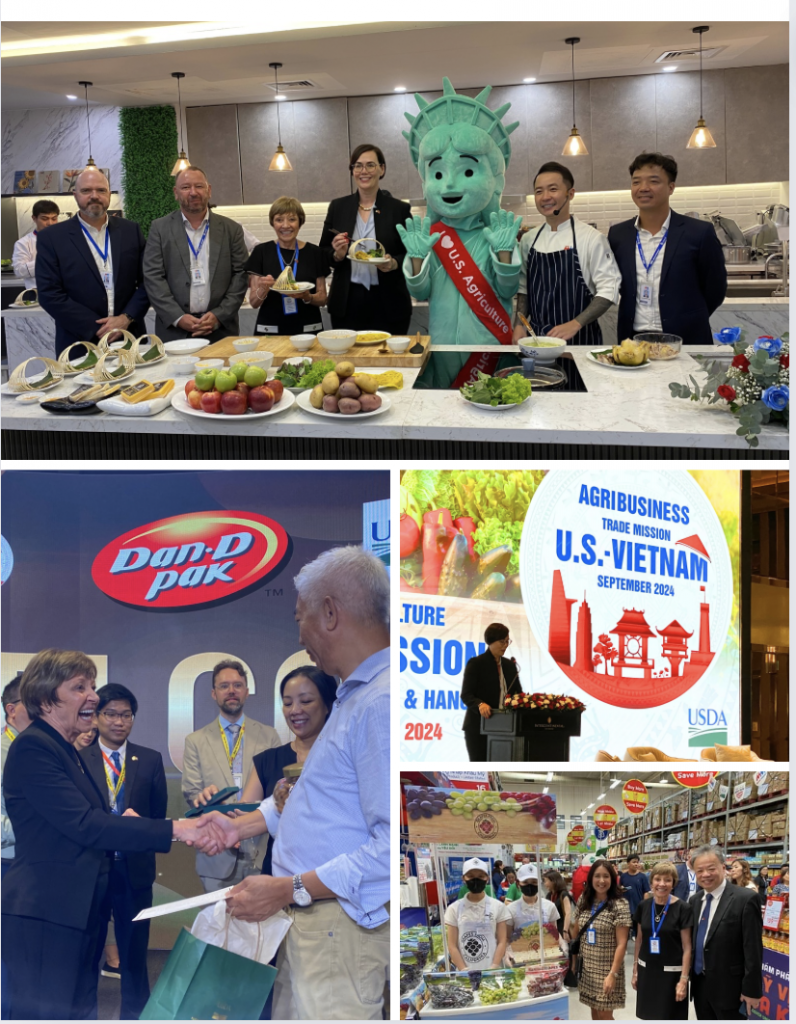CDFA Secretary Karen Ross is at Climate Week NYC and participated today in a panel discussion co-hosted by Food Tank and the Natural Resources Defense Council. The discussion, “Building Healthy Soils, Reducing Food Waste, and Protecting Pollinators from Pesticides,” touched on the connection of food systems and global climate resilience.
Climate-smart agricultural practices can mitigate ag environmental impacts while improving ecosystem health, fostering stronger communities, and making farmers more resilient. This central theme was explored in a discussion moderated by Danielle Nierenberg, President of Food Tank, featuring insights from Secretary Ross and Gregory Jaffe, Senior Advisor of the USDA.
Climate Smart Agriculture
Secretary Ross provided an in-depth look at California’s innovative approach to climate-smart agriculture. Noting her experience working with USDA Secretary Tom Vilsack, she described how California took science-based steps toward improving soil health, even before funding became available. California has since invested tens of millions of dollars in incentive grants to support 1,500 farms in transitioning to sustainable practices. “What’s important about the funding is that it’s voluntary,” said Secretary Ross. “We cost-share with farmers to help them make these transitions, focusing especially on historically underserved farmers.” CDFA has also invested in technical assistance and demonstration projects to ensure farmers have the resources they need to succeed.
Role of Soil Health and Irrigation
At the center of California’s climate-smart practices is soil health. “It starts with soil health,” said Secretary Ross. She also stressed improving irrigation practices, which not only reduces water usage but also curbs runoff and emissions while maintaining productivity. “We need to see agriculture as a system, and the work we’re doing is a holistic approach,” she said.
Engaging the Next Generation
One of the highlights of Secretary Ross’ presentation was her call to engage younger generations in farming. “We need to show that farming is a viable, purposeful option,” she said, noting California’s focus on attracting next-generation talent into the agriculture value chain. She believes this engagement is important to creating “climate warriors” who are both food producers and help advocate for sustainable practices.
Preserving Farmland and Building Resilience
The threat of losing farmland is a serious concern for agriculture, with the USDA reporting the loss of 140,000 farms and millions of acres of farmland in the last five years. Secretary Ross highlighted the Sustainable Groundwater Management Act, which aims to balance underground aquifers, and called for careful land-use planning to protect farmland while supporting farm-based livelihoods.
Call to Action on Food Waste
The event also addressed the urgent need to reduce food waste. Secretary Ross issued a call to action: “Food waste is something every one of us can do something about. It starts on the farm but continues in our homes. We need to teach others how to reduce waste and keep it out of landfills.” The USDA discussion participant, Gregory Jaffe, paralleled this message by exploring how food waste can be transformed into bio-based products to further support sustainability efforts. “Agriculture is a renewable resource,” said Secretary Ross.



